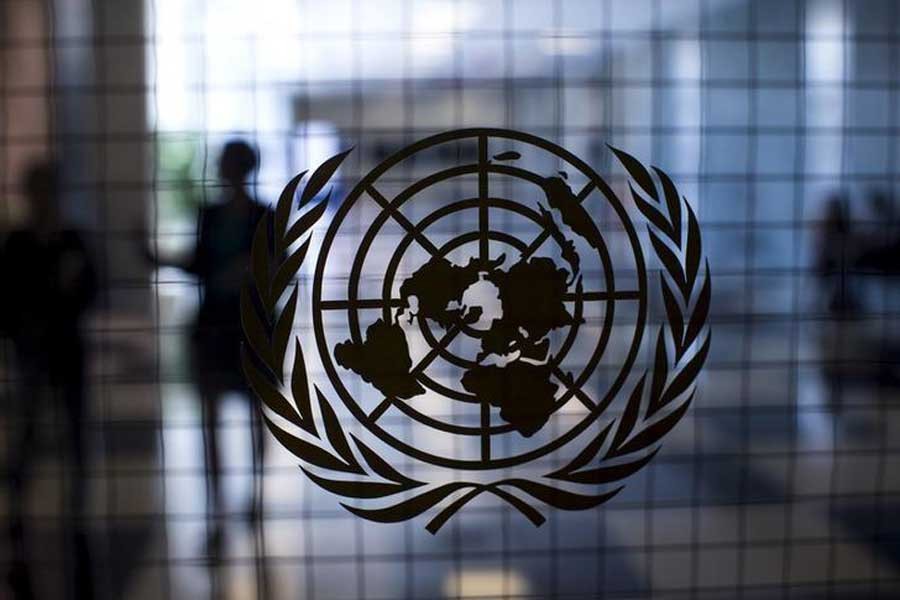The United Nations General Assembly voted on Friday to elect Germany, Belgium, South Africa, the Dominican Republic and Indonesia for a two-year term in the Security Council starting on January 1, 2019.
The council is the only UN body that can make legally binding decisions and has the power to impose sanctions and authorise the use of force.
Indonesia drew more votes than the Maldives in the contested election for one Asia-Pacific seat by 144 to 46, while the other four candidates ran unopposed. Uncontested candidates still need to win more than two-thirds of the overall General Assembly vote to be elected. There were 190 ballots in Friday’s vote.
Indonesia, the world’s biggest Muslim-majority country, will pursue a global comprehensive approach to combat terrorism, radicalism and extremism during its term, the foreign affairs ministry said in a statement.
Indonesia suffered its worst bombing attacks since 2005 last month that left around 30 people dead, including 13 suspected perpetrators.
“Palestinian issues will also be Indonesia’s concern during its non-permanent membership,” the ministry said.
Germany received 184 votes, Belgium had 181, South Africa got 183, and the Dominican Republic had 184 after one round of voting. Regional groups generally agree upon the candidates to put forward and competitive races are increasingly rare.
In a typical year the General Assembly elects five new members, which join the five elected the previous year and the five permanent, veto-power seats: the United States, Britain, France, China and Russia.
The five members giving up their seat at the end of this year are the Netherlands, Sweden, Ethiopia, Bolivia and Kazakhstan.
The five seats not up for election this year are currently held by Ivory Coast, Equatorial Guinea, Kuwait, Peru and Poland.


